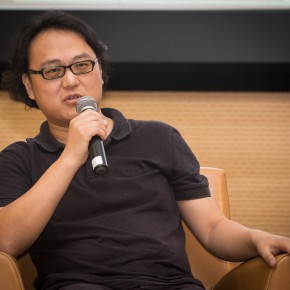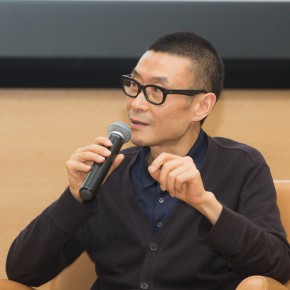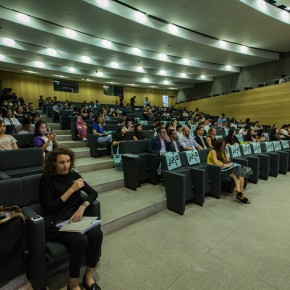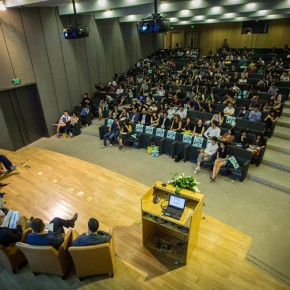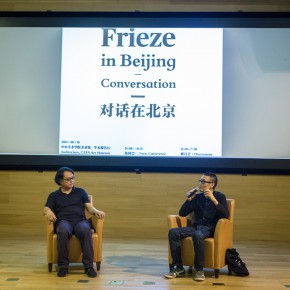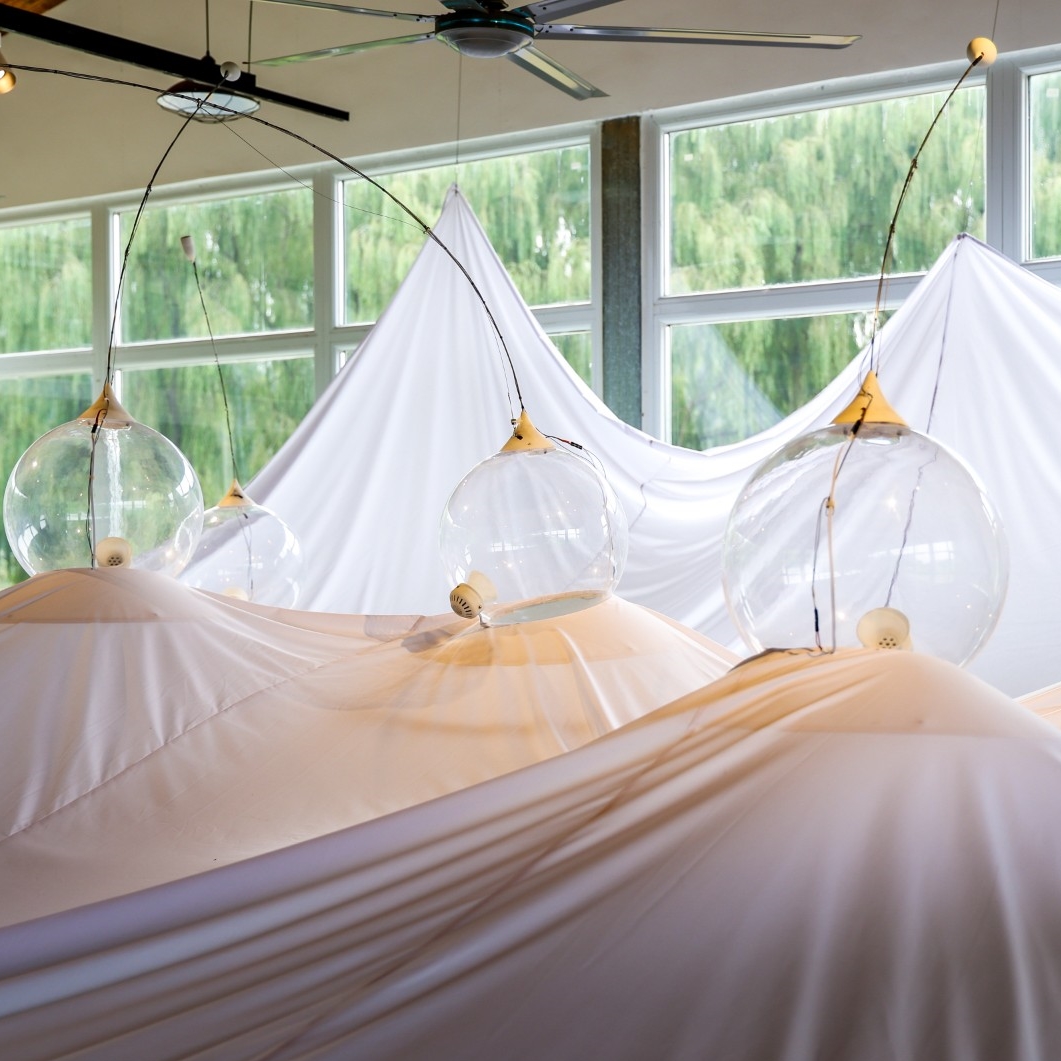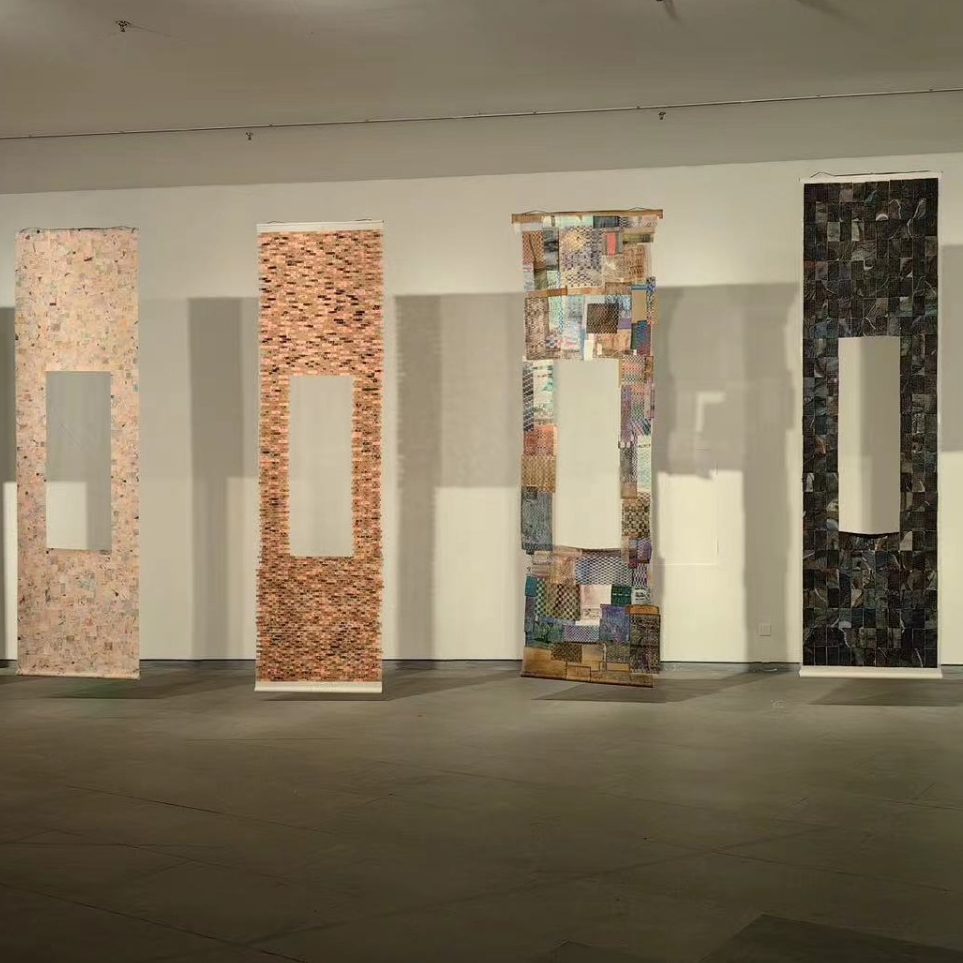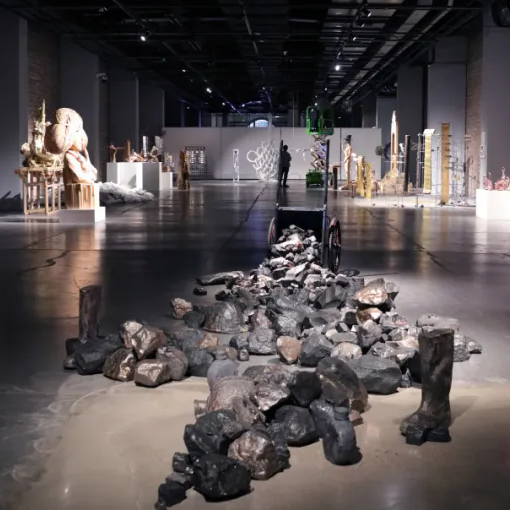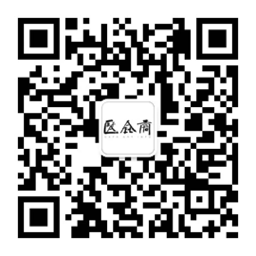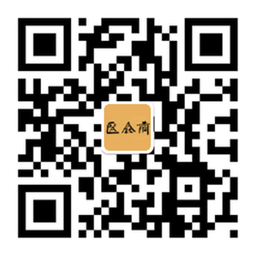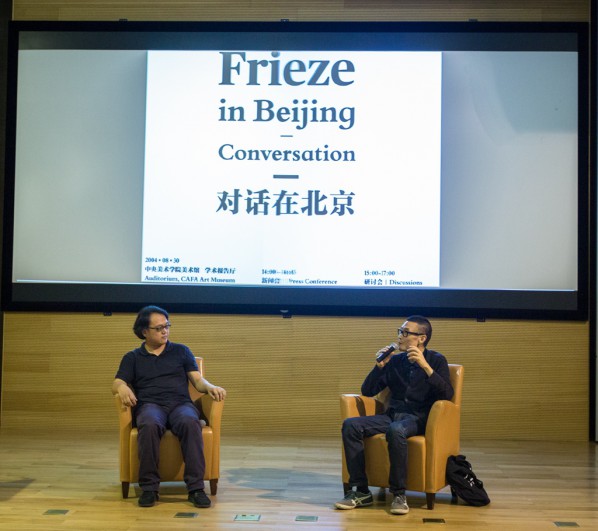
At 17:00 on August 30, 2014, the second dialogue of the “Conversation on Frieze in Beijing” was held at the Auditorium of CAFA Art Museum. The lecture invited Gao Shiming, Head of the SIMA of China Academy of Art, who is also a curator and scholar, and artist Wang Jianwei. The theme “Rehearsal and Event”was diverted from Shanghai Biennale “Touring Rehearsal”as planned by Gao Shiming in 2010; while “rehearsal” is an inevitable important section of the work of Wang Jianwei who is keen to explore contemporary multimedia dramatic art.
“The Rehearsal Refers to Things that are Always in Process”
At the beginning of the conversation, Gao Shiming initially introduced a topic about “the relationship between philosophy and the artists”. He thought that, regardless of philosophers, artists, curators or gallery agents, professors, etc., all of them actually played a temporary identity and social role. So the topic of the conversation “rehearsal” was trying to leave this temporary social position and role to a great extent. A person isn’t only presented as the self, there are numerous kinds of mechanisms that play roles inside the self, we are not an independent individual, but are constructed by a variety of systems of art, education, business and consumption. And to some extent contemporary philosophy and contemporary art can liberate us from the identity.
Wang Jianwei also explained his view of the theme “rehearsal”. He asked what an artist thought of a non-existential thing when he/she started the work? Such as the “concept” of future, which didn’t actually exist, so that we imagined the future based on the judgments we make at present. We often used the existing things to judge a thing that is in the future, which is worth thinking about. Wang Jianwei talked about the exhibition “Yellow Signal” held at UCCA in 2011, in his opinion, the “Yellow Signal” is a concept of time. In the same period of time, something was presented in some form while it must maintain another way of existence. Because of this thinking, the authenticity of paradox was accepted at the beginning, rather than choosing one side of the contradiction, the paradox should include contingency and necessity. Wang Jianwei held a solo exhibition “Throwing Dices” at the Long March Space in 2013, which still focused on the issue of time so that the thinking of the inevitable imagination and accidental imagination existed at the same time in the process. An artist’s work should start in a dirty, slow, complicated situation, and it was the start of the working process, but it was actually short of a real starting point. “It’s impossible to repeat a thing that is in the process”, so that “rehearsal” was demanded to solve the issue on how to display the unrepeatable form. “Rehearsal” constantly kept creating possibilities, creating new possibilities, like “throwing dices”: it is not completely accidental, but it possesses probability.
“Making a Drama in the Way of Movie”
Gao Shiming said, in the past creation of Wang Jianwei, he tended to be good at using “the way of drama to create a movie”, while he began to try to use “the way of the movie to make a drama”. Wang Jianwei said he previously produced videos to record dramas, so that it required repeated rehearsals, provided a space without a spectator, using three or four cameras at the same time, and never interrupting them. But he began to try an opposite approach, and then Wang further explained it, “After countless times of cutting off the thing that seems to have a direction, does the direction exist?” It was inspired by the ancient Greek mathematician Zeno “The Flying Arrow is Motionless”, according to which Wang also presented a solo exhibition “The Flying Bird is Motionless”. On the other hand, people always considered video as a way of writing, and this “writing” referred to an artist or some thought dominated as “pen (writing)” too much, the “pen” actually should have its independent position –“pen” shouldn’t know the content of the video. Wang believed that creating a video didn’t mean creating a marvellous spectacle, but urges the shooting of something different from others, but did the “difference” directly cause a meaning?
In the end, Gao Shiming added that, “Using a movie to make a drama” wasn’t a trans-boundary issue. “While the old films showcase a plot from various perspectives, the new ones use many stories to present a perspective.” The “many stories” here had a relationship with the “event” we discussed in the dialogue.
“It’s Impossible to Repeat a Thing that is in the Process”
Wang Jianwei thought the “event” was understood as a kind of difficulty for artists, and the “difficulty” was concrete: the difficulty didn’t occur yesterday but it happened today, while the difficulty that happened today was useless for the next day. So that Wang Jianwei said, “It’s impossible to repeat a thing that is in the process.” Rehearsal produced a form that was impossible to repeat, but it is prompted to become a kind of form, this was the so-called “style”. Gao Shiming talked about in two films, and the first one was “After the Rehearsal” by Ingmar Bergman: All the important events occurred outside the studio; The second one was “Eight and a Half” by Fellini, all the actors and staff were presented on the stage in a state of revelry after the end of the film. Gao said, the real world of our thoughts is actually a show, in turn, it reconstructed the action at the scene of the performance. Regardless of a drama or a film, all the actions would be changed to sights in front of the camera. And how to travel through “sights” to overcome the “sights” was the core meaning of the “rehearsal”, and the meaning that through “rehearsal” we can be revived and become stimulated to enter the “events”.
The dialogue was based on the collision of their long-term thinking and communication, both the scholar, curator Gao Shiming, and the person known as the “philosopher in contemporary art world’ Wang Jianwei used their own unique experiences to thoroughly interpret the artistic concept of the theme “rehearsal and event”.
Translated by Chen Peihua and edited by Sue/CAFA ART INFO.


